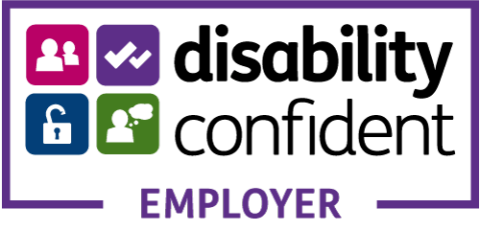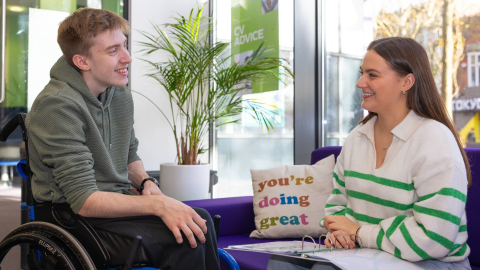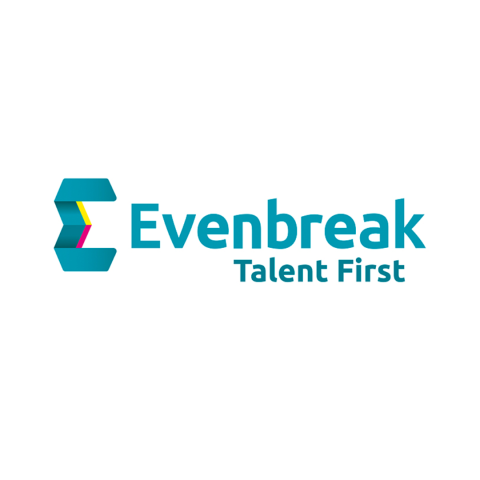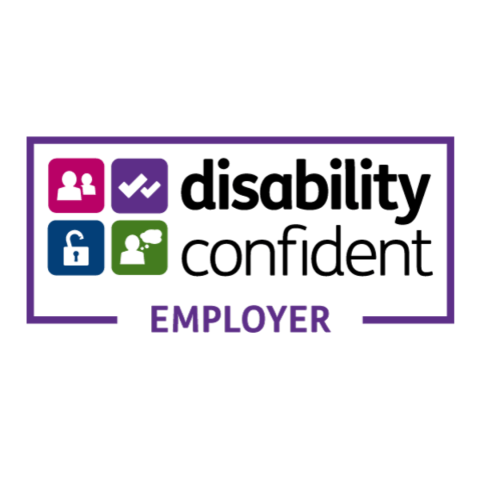
In this guide, we'll highlight the support we offer, as well as what to consider when making career choices and finding positive employers. We'll also provide advice on disclosure, requesting reasonable adjustments and signposting to other support organisations.
What is classed as a disability, neurodiversity or mental health condition?
Disability definition
The Equality Act 2010 defines a disability as a physical or mental impairment that has a substantial and long-term negative effect on your ability to carry out daily activities. "Long-term" means lasting 12 months or more.
Some people may not identify as disabled but still be entitled to support under this definition. For example, neurological differences such as autism or dyslexia, and long-term health conditions like diabetes or epilepsy, may be covered. Understanding whether your condition is legally classed as a disability can help you access additional support at work.
Learn more about what disability mean by law
Mental health conditions
A mental health condition is considered a disability if it has a long-term impact on your daily life. This could include conditions like depression, anxiety, or bipolar disorder. Even if your condition is not classed as a disability, you may still be entitled to workplace support.
Organisations like Mind and the Mental Health Foundation provide resources and advice on managing mental health at work.
How these conditions may affect your work
If your condition impacts your ability to work or study, it may be helpful to identify specific challenges. This might include difficulties with concentration, social interactions, or physical barriers in the workplace. Understanding these challenges can help you and your employer put the right support in place.
What to look for when researching employers
Firstly, ask yourself what your particular needs are when researching employers. What specific support or adjustments do you need? For example, taking breaks evenly throughout the day or adapting equipment in the office. What values or practices matter most? Having clarity on these points will your search more focused and effective.
Inclusive employers
When reviewing an employer, look for indicators of inclusivity, such as:
-
They are part of the Disability Confident Scheme
-
Have clear equality and diversity policies published on their website, or targets aimed at fostering inclusivity.
-
Benefits that support flexibility, such as hybrid working arrangements.
-
Employee networks or groups (e.g. Disabled Staff Forum).
- A dedicated section on equality, diversity, and inclusion.
- Evidence of celebrating or promoting inclusivity on social media
For some examples of employer diversity and inclusion pages, see DWF or Kantar.
Job descriptions and application process
An employer’s recruitment process can reveal a lot about their inclusivity. For instance, do they explicitly encourage applicants to request reasonable adjustments? A good example is ‘Your Co-op’, which highlights adjustments upfront and provides interview questions in advance to ensure all candidates can perform at their best. Before applying, advise students to review and familiarise themselves with the recruitment process, as this will give them an insight into the employers approach.
Check if job descriptions mention reasonable adjustments or flexible working. If an employer is inclusive, they may highlight their commitment to supporting disabled employees in their recruitment materials.
Engage directly with employers
If you do not find the information through research, do feel confident in contacting employers directly. This could involve requesting an informal conversation with the hiring manager to discuss how reasonable adjustments are provided during the recruitment process or to clarify the organisations working arrangements.
Additionally, you can prepare thoughtful questions to ask during interviews about the company culture and values – for example, enquiring about employee networks, or how the organisation promotes diversity and inclusion. Taking these steps will help gain a clearer understanding of the organisation and determine whether it is the right fit for you.

What to tell employers
Disclosing a disability
Telling an employer about a disability is a personal decision. You're not required to disclose this information, but doing so may help you access the support you need such as reasonable adjustments.
When to disclose
You can disclose at different stages:
-
Application stage – Some forms ask if you have a disability. You can choose to answer or leave it blank.
-
Interview – If you need adjustments, such as extra time for assessments, it’s helpful to inform the employer beforehand.
-
After starting the job – You can disclose at any time if you feel you need support.
How to disclose
There are several options if you choose to disclose your disability. You can:
-
Mention it in your cover letter or application form
-
Speak to HR or the hiring manager
-
Request a private conversation with your line manager once you start work
Being clear about your strengths and any adjustments you need can help ensure a supportive working environment.
Where to find opportunities
Many job boards and schemes focus on disability-friendly employers, including:
Support organisations
There are many organisations that offer advice and support, including:
Mind
Scope
National Autistic Society
British Dyslexia Association
Business Disability Forum
MyPlus Students' Club
Accessibility Tools for M365 users
Microsoft 365 includes many built-in features that make everyday tasks simpler and more comfortable. With the right tools, you can reduce distractions, cut down on digital clutter, and create a workspace that feels easier to manage. This comprehensive guide has helpful tips and tools for people with more complex needs; Accessibility features in M365
How the Careers and Employability Service can support you
We offer confidential support, including:
-
1-1 career planning advice
-
Guidance on disclosing a disability to employers
-
Help with requesting reasonable adjustments
-
Information on inclusive employers and job opportunities
-
Links to university support services such as Disability Advice, Student Wellbeing and counselling
We can also make adjustments to our own services to meet your needs. Our Careers Centre is wheelchair accessible, and an induction loop is available for those with hearing impairments.
Contact us to discuss how we can support you through careers@port.ac.uk
Explore more in Career Support
CVs and cover letters
Find out how to increase your chances of getting an interview by writing a strong CV and completing a successful application.

Graduate job search guide
Learn about the types of roles you will encounter, and how to search for roles.

Career appointments
We offer appointments Monday to Friday, 9.30am-4.00pm throughout the year. Booking couldn't be easier - simply tell us your query and we'll set you up with the right people at a time that's convenient to you.












